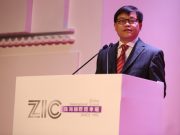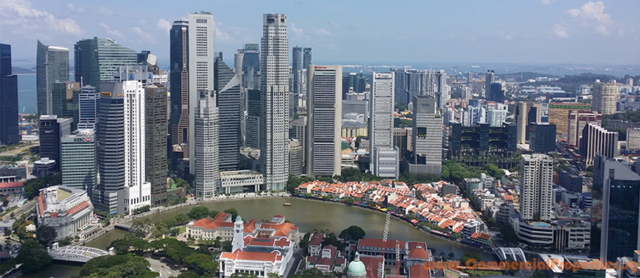Singapore, 10 Jan 2018 – Economists and tax specialists have been speculating about the format and timing of a potential tax increase, ever since Prime Minister Lee Hsien Loong said recently that Singapore will be raising its taxes as government spending grows.
The challenge of keeping Singapore in good fiscal health will be a key focus of this year’s Budget. With infrastructure investment and social spending set to continue climbing, market watchers widely expect Finance Minister Heng Swee Keat to raise taxes in Budget 2018.
The Finance Minister will deliver his Budget speech in Parliament on Feb 19.
Market watchers widely expect Mr Heng to pave the way for a hike in the Goods and Services Tax (GST).
Singapore’s Budget spending has been higher than operating revenues since the 2015 financial year.
The Goods and Services Tax (GST) has emerged as one of the most likely candidates for an increase, especially since Singapore’s rates are relatively low compared with its regional peers.
The GST contributed S$10.85 billion to government coffers in the 2016 financial year – the second-largest source of tax revenue after corporate income tax.
A 1 percentage point increase would raise tax revenue by S$1.6 billion to S$1.8 billion and with expectations of 2 percentage GST hike, DBS economist stated.
The government also has other options for raising revenue, including increasing property taxes as well as raising excise duties on tobacco, liquor, or even the import of vehicles, he added.
In addition, there has been talk of introducing an e-commerce tax, which would help level the playing field in retail for online and bricks-and-mortar sellers. Mr Heng had already said in Budget 2017 that the government was studying ways to tax e-commerce.
In particular, the popular Productivity and Innovation Credit (PIC) scheme is expiring and companies will be watching the Budget for similar incentives. The PIC scheme was introduced to encourage small and medium-sized enterprises to spur investment in productivity and innovation by offering them cash and tax deductions for costs like worker training, automation and research.
Singapore’s neighbours, particularly Malaysia, Thailand and the Philippines, have started ramping up R&D tax incentives, he noted.
“Our perennial competitor Hong Kong has recently decided to take a leaf out of Singapore’s playbook by introducing R&D initiatives similar to the PIC scheme.
“Singapore must continue to remain attractive not only to companies who are currently active in high-value creation, R&D and intellectual property-related activities, but also to those that are seeking opportunities to embark on their R&D journey. To keep pace with regional economies, Singapore must continue to enhance its existing R&D tax measures,” Mr Lee said.
In addition, the resurgent property market likely lifted stamp duty receipts, said CIMB’s Mr Song.
Still, Mr Song noted that the focus this year will remain very much on the long-term.
“Singapore Budgets are always very pragmatic,” he said.
“How long is the long term? Really very long – we’re talking about future generations.”





































